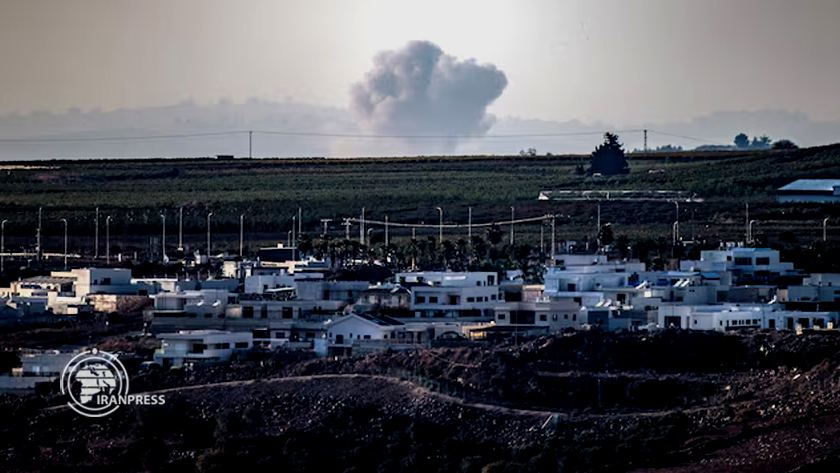Growing Tensions in West Asia: U.S. Deploys Additional Military Personnel Amid Escalating Israel-Hezbollah Conflict
The ongoing conflict in West Asia has seen a significant escalation following a series of unprecedented attacks by Israel on southern Lebanon. In response, the United States has made a strategic move to deploy additional military personnel to the region, reflecting the heightened concerns over the intensifying confrontations between Israel and Hezbollah, the influential Lebanese resistance group.
Context and Background
The recent hostilities are part of a long-standing conflict between Israel and Hezbollah, an organization with deep political and military roots in Lebanese society. The group was formed during the early 1980s in response to the Israeli invasion of southern Lebanon and has since grown to become a powerful militant and political force within Lebanon. Over the years, Hezbollah has been involved in numerous conflicts with Israel, including the 2006 Lebanon War, which resulted in significant casualties and destruction on both sides.
The immediate cause of the recent flare-up can be traced back to heightened tensions and provocations, leading to a full-scale military engagement. Israel’s attacks on southern Lebanon have prompted Hezbollah to issue strong retaliatory threats, raising the stakes in an already volatile region.
U.S. Involvement
The United States, a staunch ally of Israel, has historically supported Israel both politically and militarily. The latest decision to deploy additional military personnel underscores the U.S.’s commitment to maintaining its influence in the region and ensuring the security of its allies. This move also signals a readiness to potentially engage in conflict should the situation further deteriorate.
U.S. officials have expressed concern over the potential for the conflict to spread beyond Lebanon and Israel, possibly drawing in other regional players. The deployment aims to deter further escalation and to be prepared for any contingency that may arise from the ongoing skirmishes.
Regional and Global Implications
The ripple effects of the Israel-Hezbollah conflict are being closely monitored by neighboring countries and the international community. Iran, which has consistently supported Hezbollah, and Syria, another key player in the region, could potentially be drawn into the conflict, escalating it into a broader regional war. Additionally, the increased military presence by the U.S. in West Asia could strain relations with these countries, many of which already view U.S. involvement in the region through a critical lens.
Economic impacts are also a concern, as heightened conflict in the region could affect the global oil market, given West Asia’s pivotal role in global oil supply.
Looking Forward
The situation remains fluid, with efforts by the international community to mediate and de-escalate the conflict ongoing. However, the durability of any ceasefire or peace agreement will largely depend on the actions of the primary stakeholders—Israel and Hezbollah—as well as the influence exerted by powerful allies like the United States.
Continued vigilance and diplomatic engagement will be crucial in preventing the situation from spiraling out of control and in seeking a long-term resolution to this protracted conflict. The international community must prioritize dialogue and peaceful negotiations to ensure stability in a region that has seen far too much violence and unrest over the past decades.
For further detailed updates on the situation, visit the official website of the Israel Defense Forces.
